To lay the groundwork, let’s start in 1993. Yes, 22 years ago, wait, what? 22 years? Holy shit, I’m getting old. Ahem. 22 years ago, the gaming industry was rocked to its core by id Software and their back to back blitz of Wolfenstein 3D and Doom. What followed was a ceaseless chain of copy cats, sequels, and lazy rip-offs, effectively turning the majority of the ‘90s into one giant ball made up of the same game hiding under different masks. Now the Doom franchise is excellent, and the original and immediate sequel stand as great points in gaming history, but they were limited in scope. It’s also about this time that the media began to latch on to the sensationalist violence present in such games, so, thanks for that.
Just kidding. Video games are hard, and what became Deus Ex went through over three years of challenging design, which was an incredibly long development cycle in ‘90s video gaming. The problem that led to so many delays in production was the nature of the game itself. What was being created was a title that defied attempts to classify it. While the game is played in first person, it’s not a shooter, as you can actually beat it without ever drawing your gun. It’s not a puzzle game, because your character plays through levels in a non-linear fashion, capable of navigating through the puzzles and narrative through multiple means. Okay, narrative. So it’s an RPG? Well, yes, your character does earn skill points to put towards abilities, but then there’s also an entirely separate augmentation tree that you can modify and upgrade and… you know what? It’s complicated.
The game is, as I’ve stated, not perfect in every way. Part of what leads to this imperfection is the fact that problems can be approached from multiple angles, some of which the creators never could have anticipated. The game drives human ingenuity, letting people express themselves through their own style of gameplay and strategy. More than that, the game stretches to tell a story, and a deep on at that. Without spoiling too much, I can safely say that your nanoaugmented secret agent will travel the globe unraveling conspiracy theories of various secret organizations, corporate superpowers, corrupt governments organizations, organized crime, and various power players each with their own hidden agenda. All of this set to one of the best soundtracks of all time, on that I still listen to when writing my own cyberpunk fiction.
The game was able to transcend the medium in which it was created, becoming a sum greater than its parts. Like the lasting influence of Kurosawa’s Seven Samurai, Deus Ex is a pinnacle moment, where all elements aligned perfectly to create something that will last throughout time, being played again and again even as newer, shinier things come out and scream for attention.
The franchise itself was aware of the fact, and after a lukewarm sophomore effort in Deus Ex: Invisible War, Eidos Montréal brought the style and substance of the game back full force with Deus Ex: Human Revolution, a snappy, sexy, slick prequel that oozes style in every frame. In fact, the game is almost a bit too involved in the original, closely paralleling the original in settings and plot choices. Credit where it’s due, the graphical abilities of modern computing were not ignored, creating a much more enticing vision of the near future, and the storyline is superb, playing to multiple cyberpunk themes while still managing to be original. I would be remiss if I didn’t point out that the soundtrack is even better than that of the original, artfully capturing the mood of the dystopian world.
A.C. Harrison is the author of "Jupiter Symphony,” a post-apocalyptic cyberpunk thrill ride that only wishes it had the soundtrack of DX:HR.
Like what you see here? Spread the word and support indie authors! Follow me on Facebook or Twitter. Find me on Smashwords and Kindlemojo.
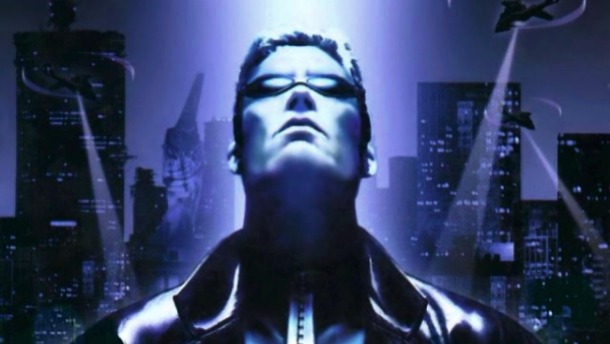

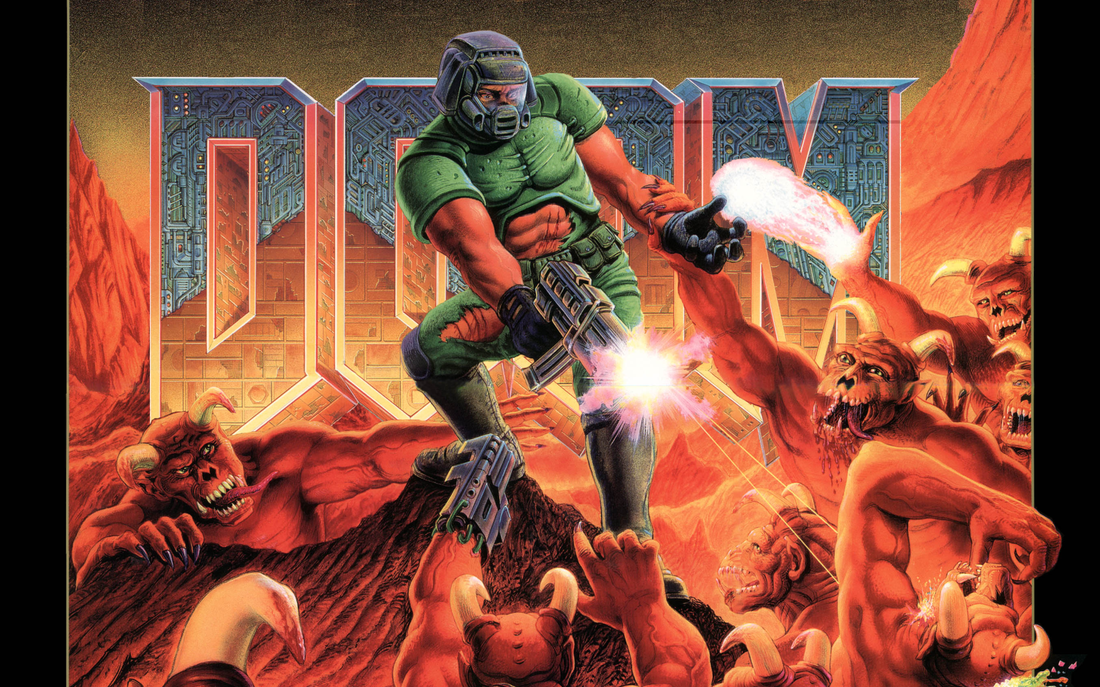
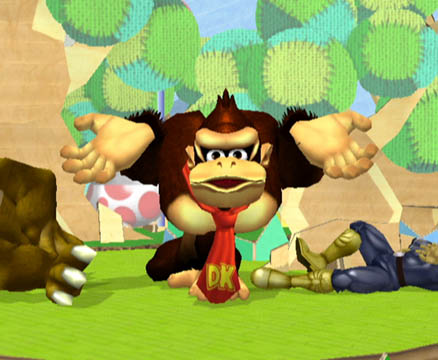
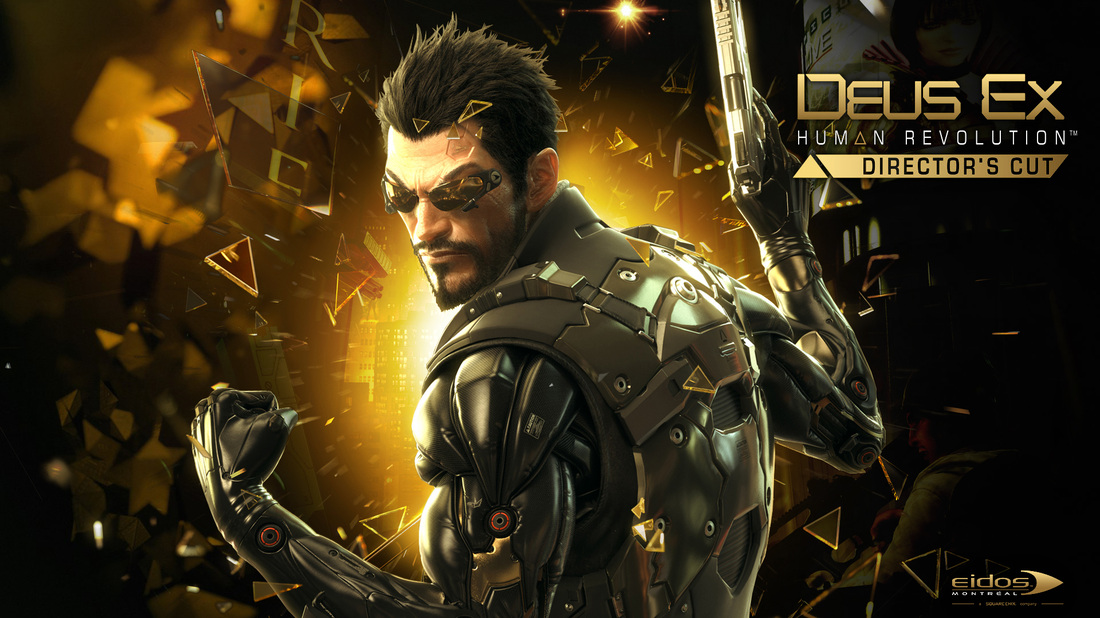
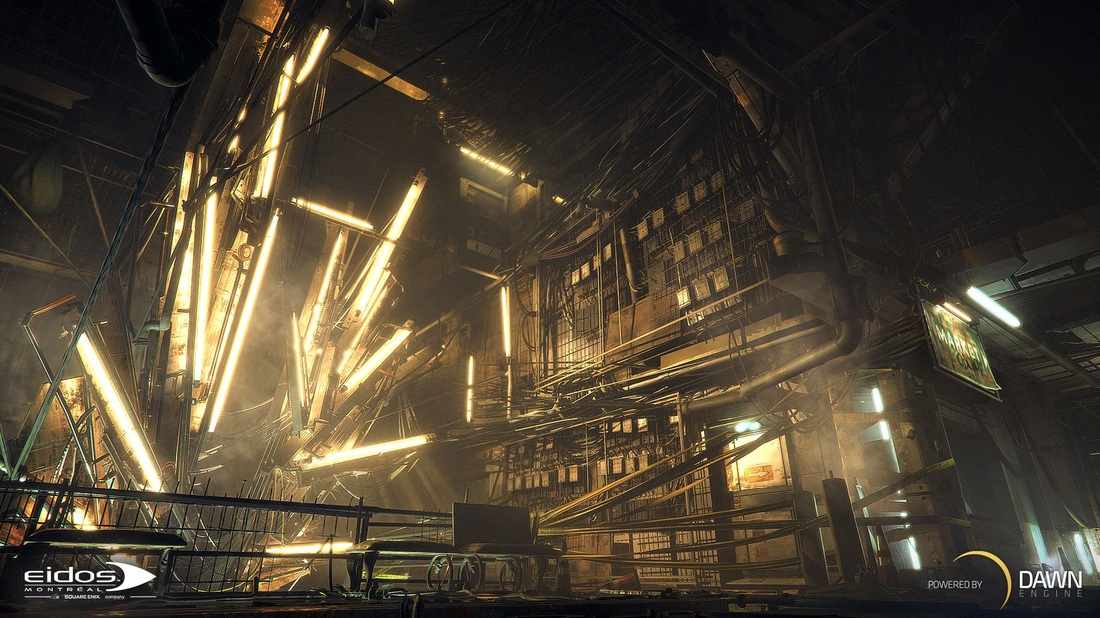


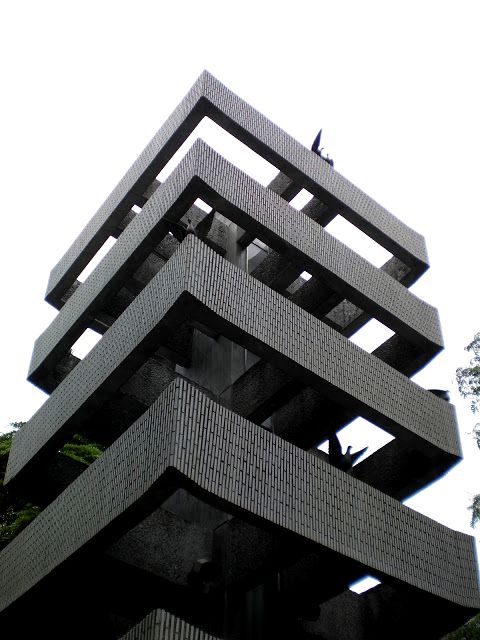



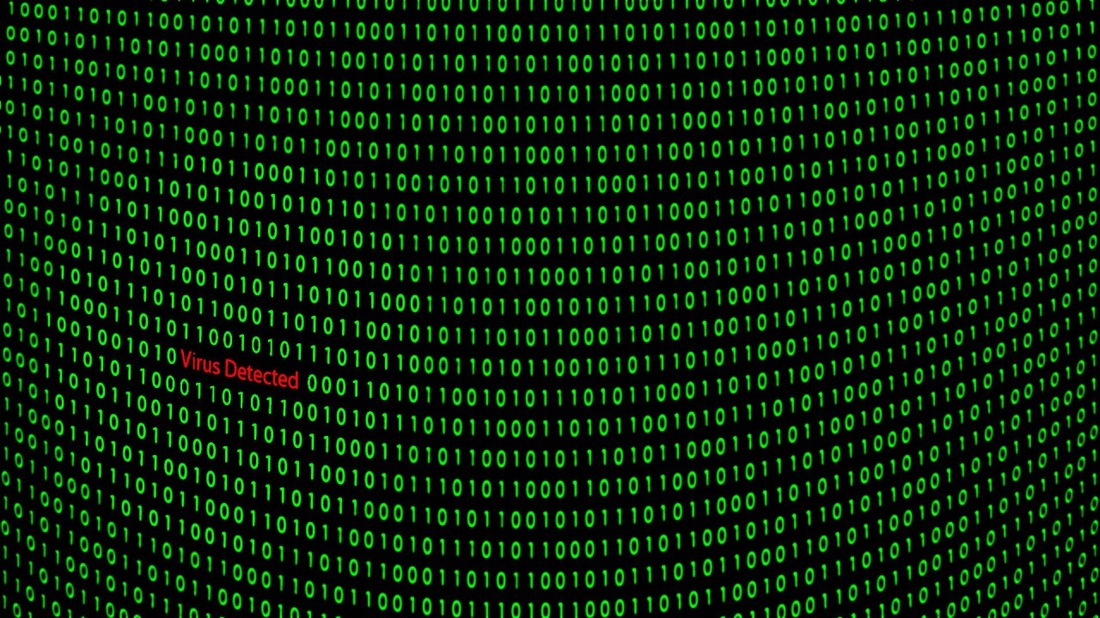



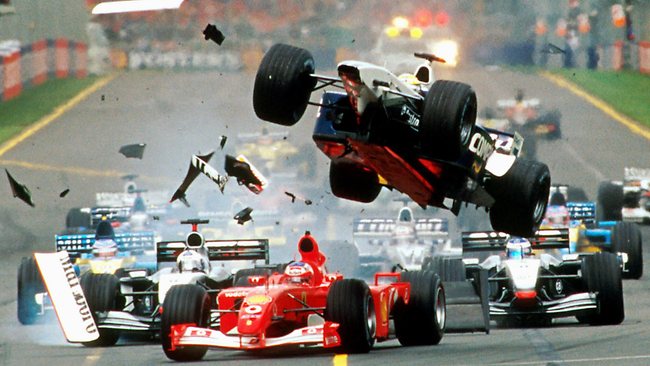
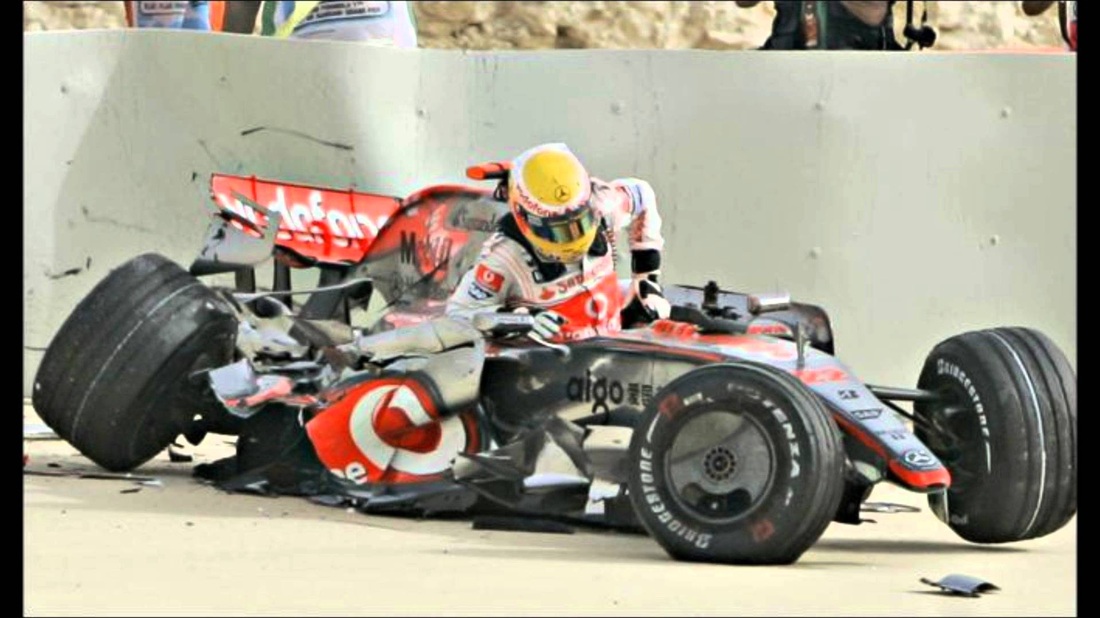

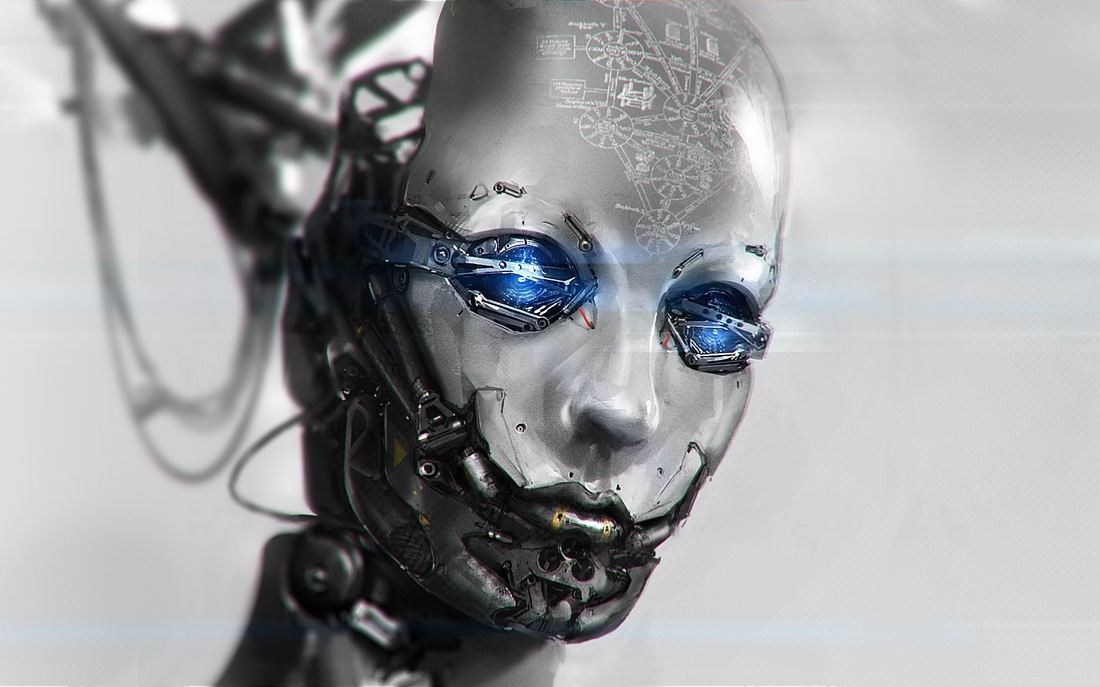

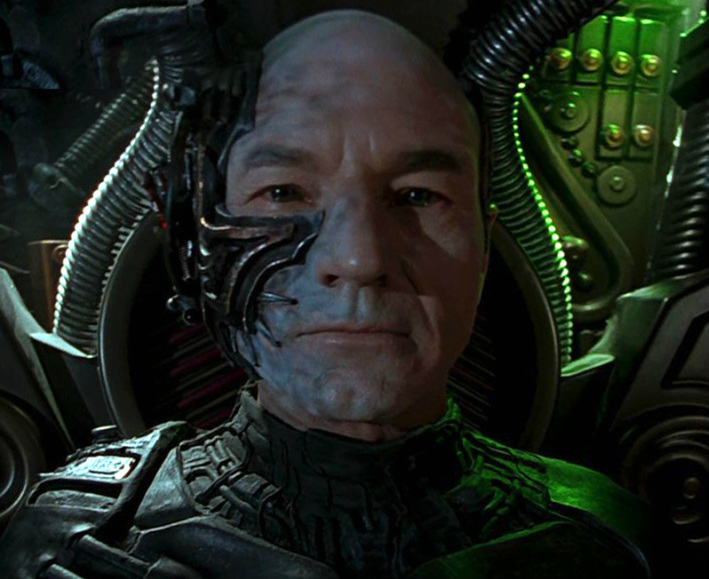
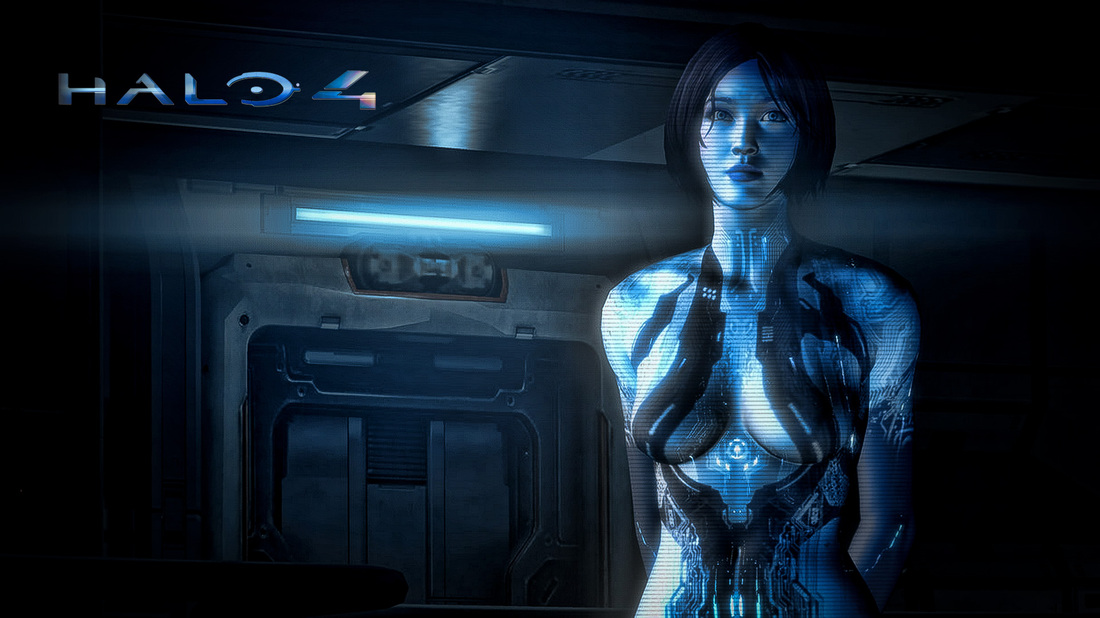
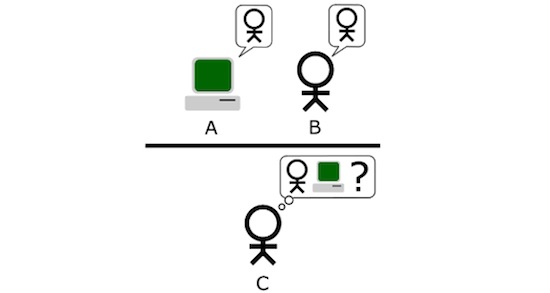
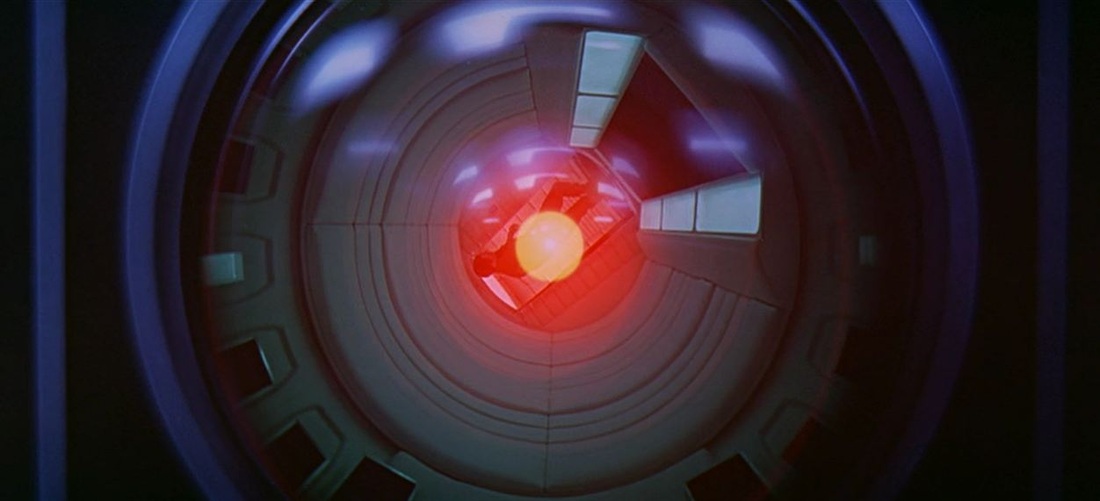
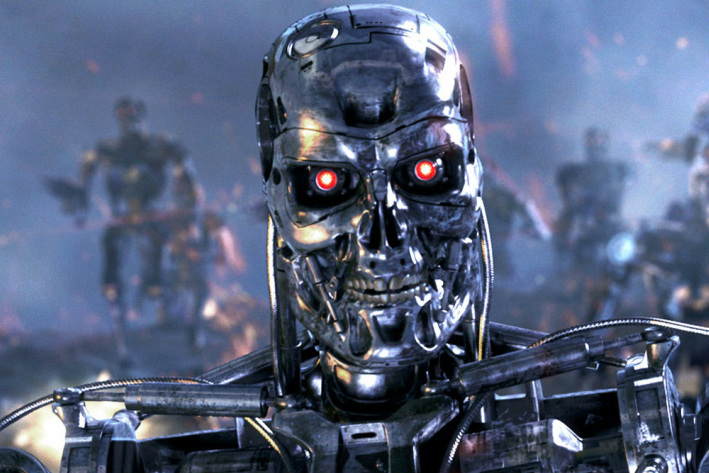
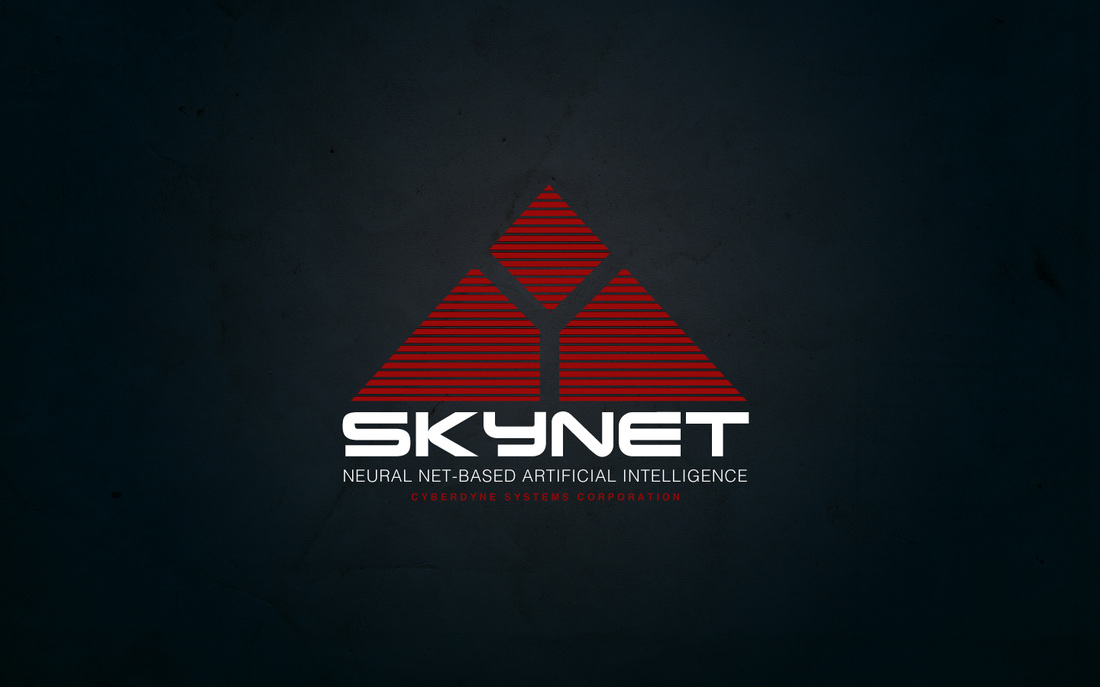


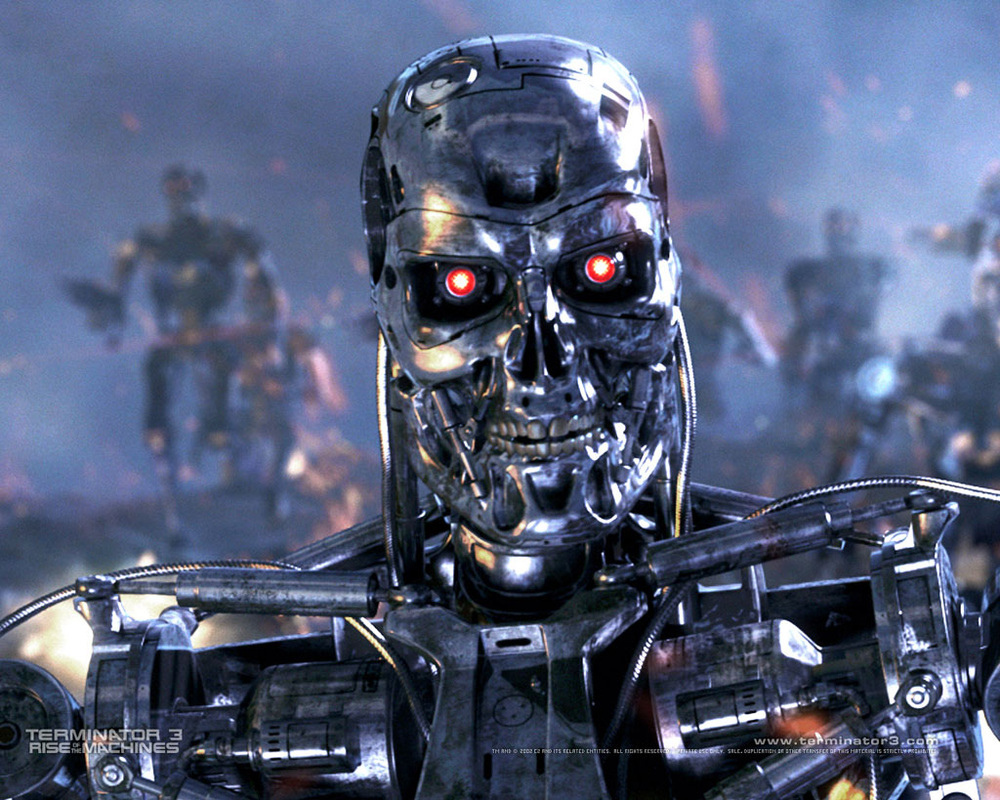
 RSS Feed
RSS Feed